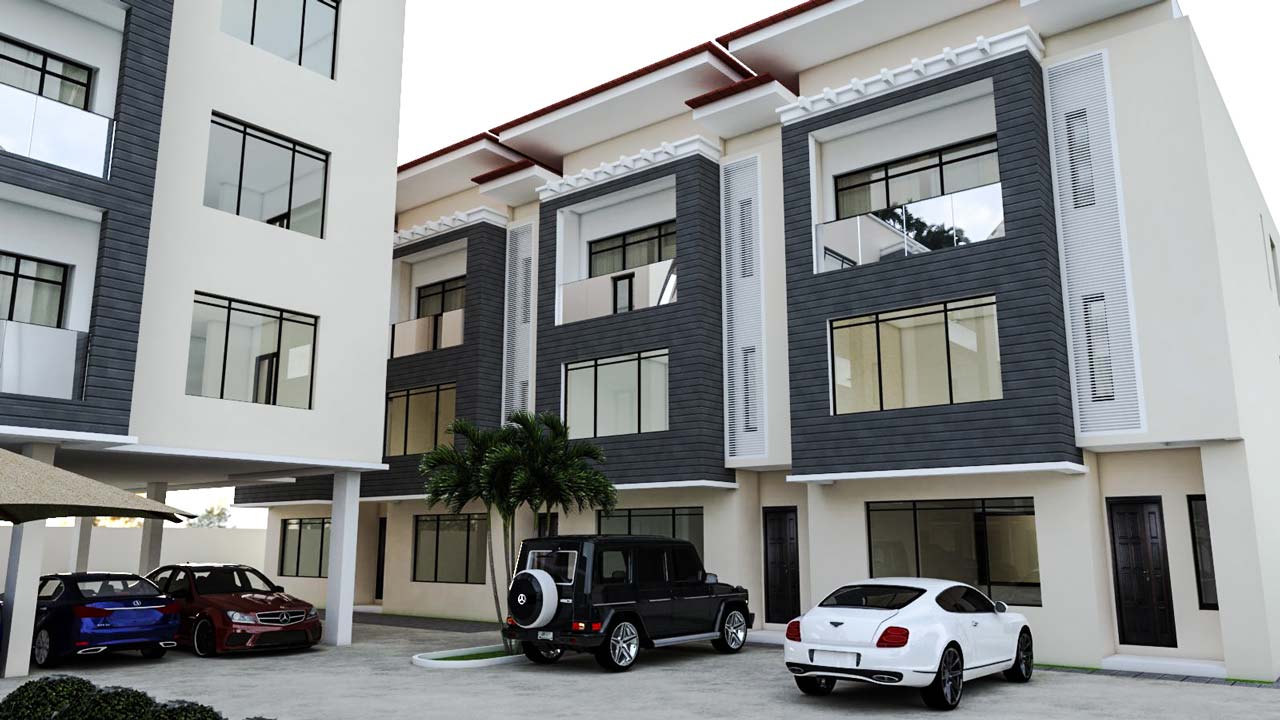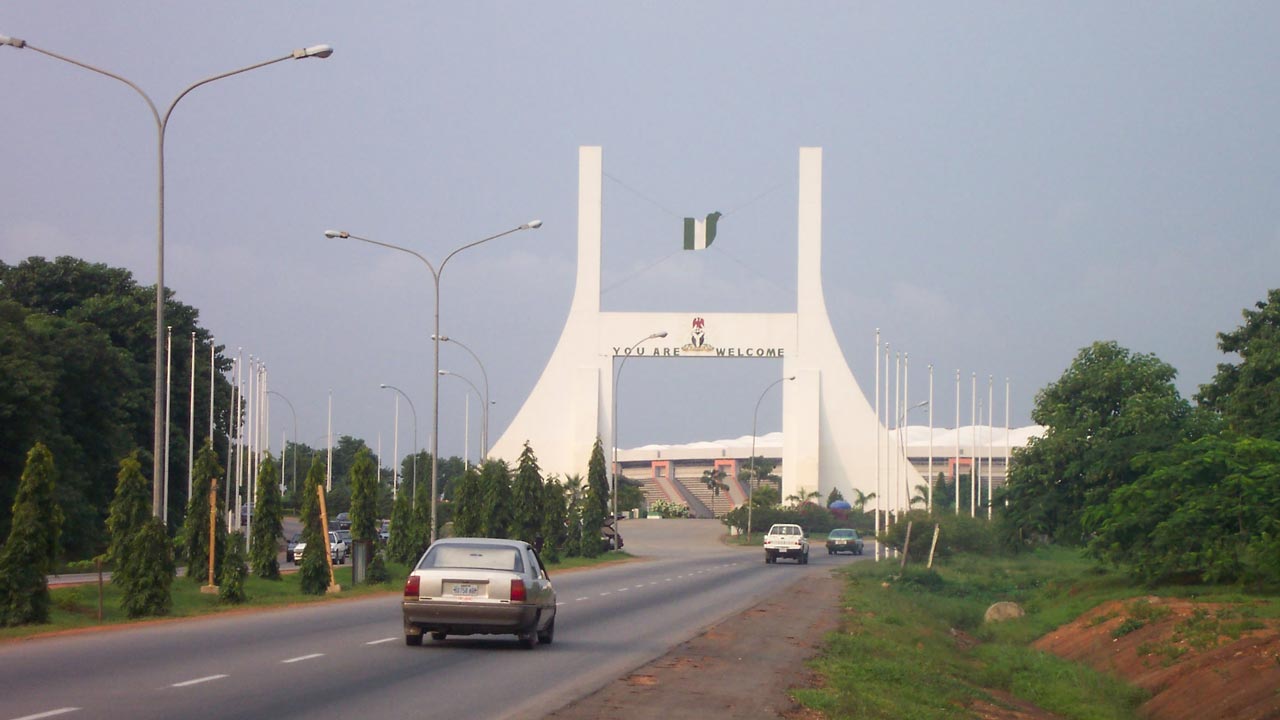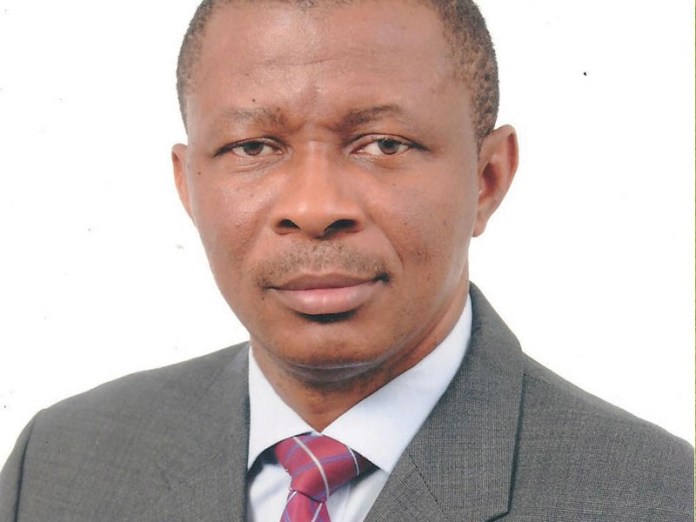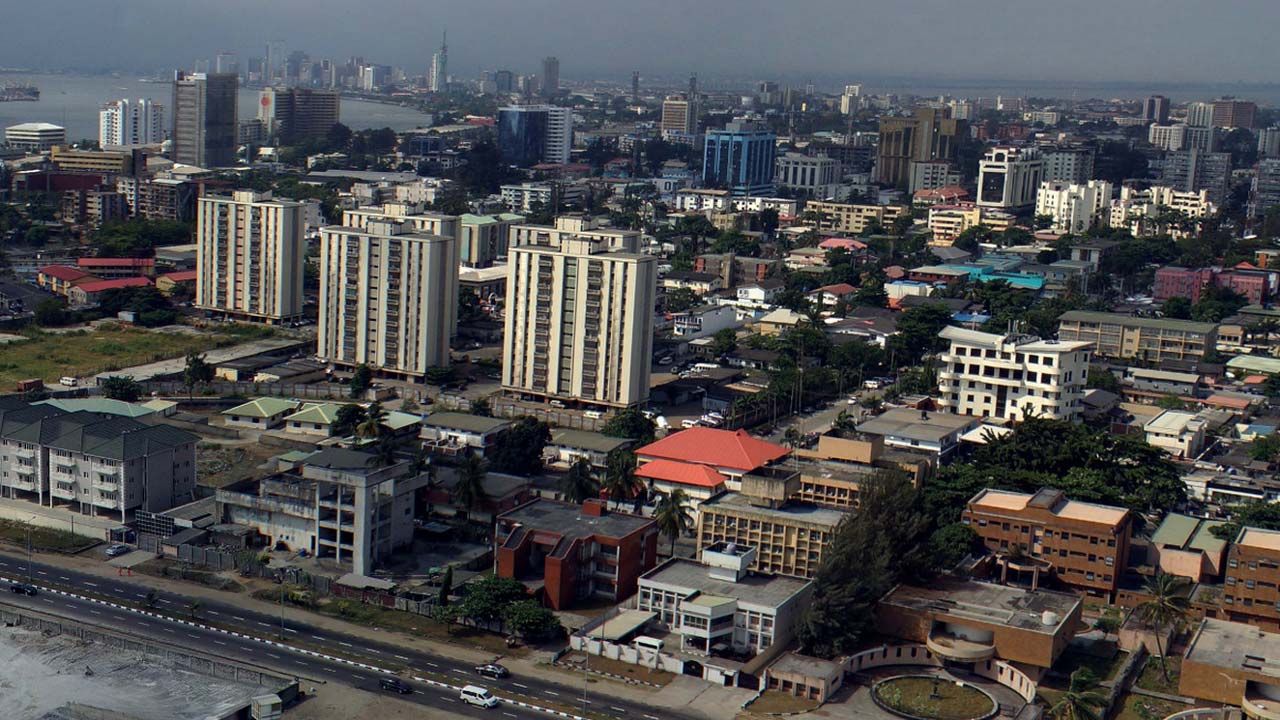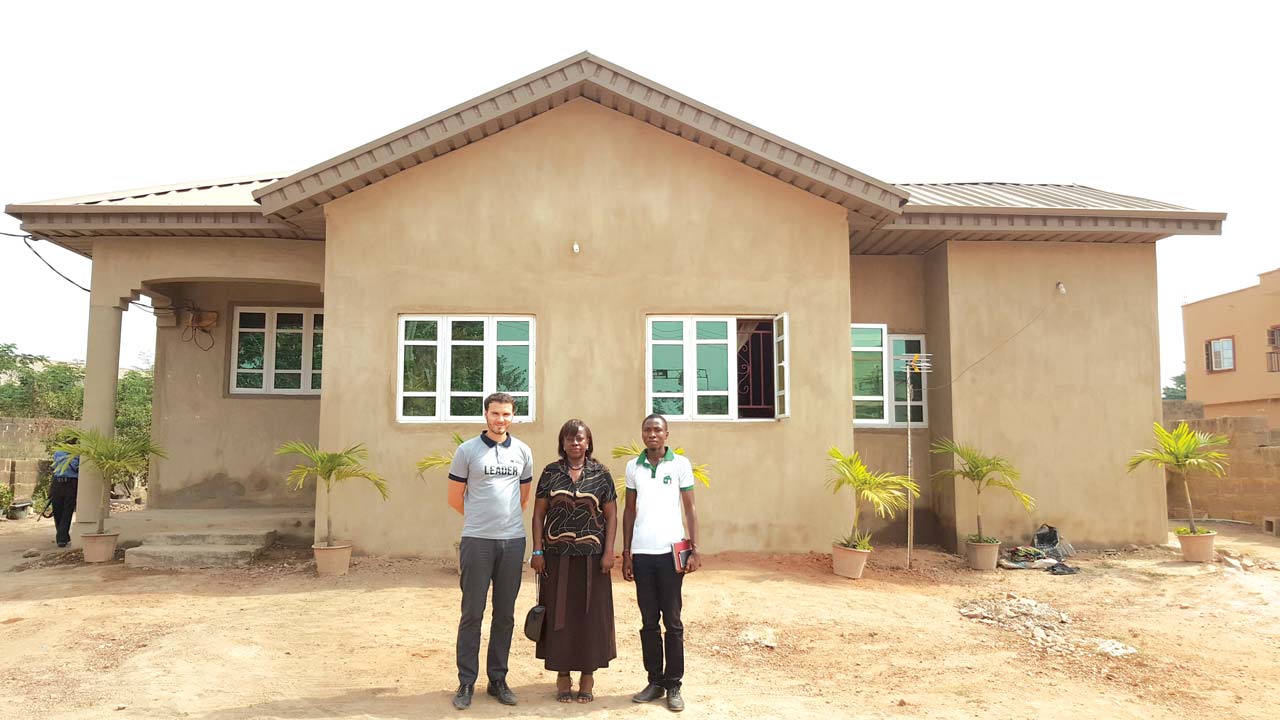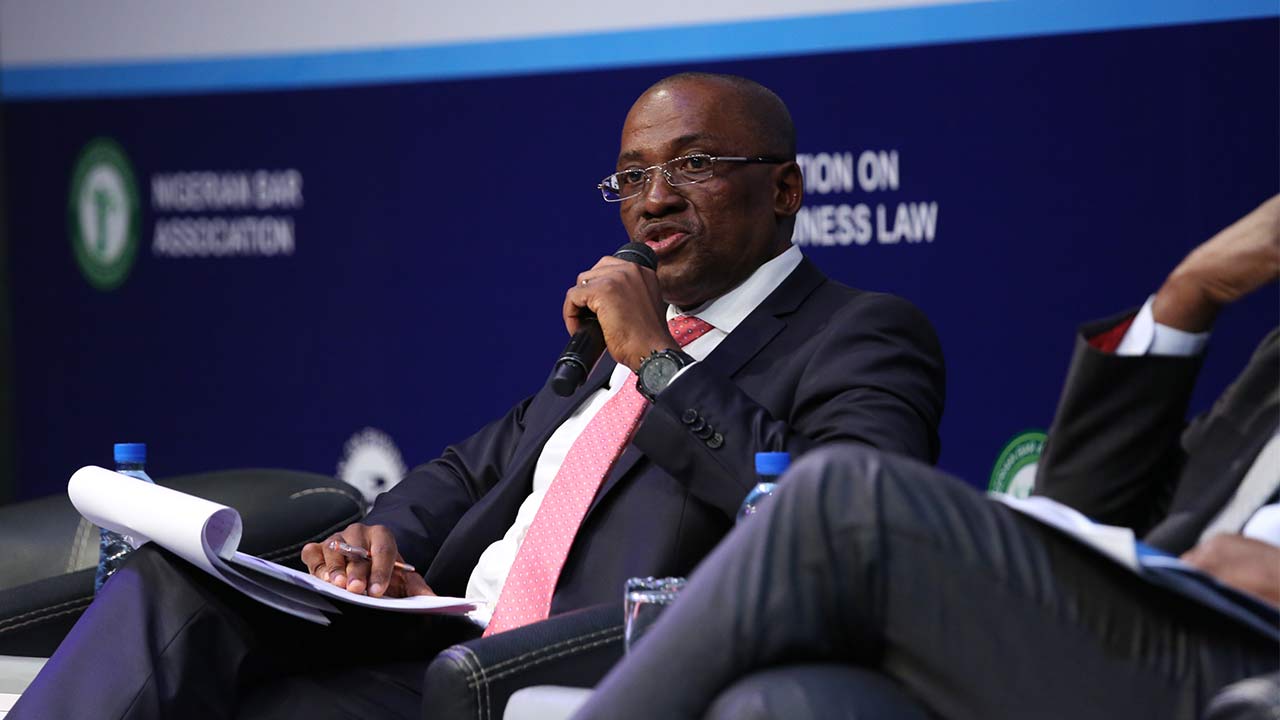“In the west… every parcel of land, every building, every piece of equipment or store of inventories is represented in a property document that is the visible sign of a vast hidden process that connects all these assets to the rest of the economy. Thanks to this representational process, assets can lead an invisible parallel life alongside their material existence. They can be used as collateral for credit.”
The above quote taken from the book by the Peruvian economist, Hernando De Soto, aptly titled “The Mystery of Capital, why Capitalism succeeds in the west and fails elsewhere” appropriately captures the missing link between our vast land resources and our capacity to create wealth through them. The fundamental issues have to do with lack of title to the bulk of our real estate assets and the expensive and very cumbersome process of obtaining title or obtaining Governor’s consent for properties already covered by a registered title.
As efforts are being made to jumpstart our economy, it is vital that the government should take a second look at our land administration processes. Interestingly, in the United States and most of the developed world, the single most important source of funds to an individual or company is a mortgage on his or its property. The process is relatively easy and straightforward because the title registration/land administration system has created an efficient representational process that can convert real estate assets into capital. This conversion process is crucial for creating wealth through real estate assets and its lack thereof is a major contributor to the high poverty level in our society.
Our present land policy is predicated on the Land Use Act of 1978, which technically vested all land in the territory of each state on the Governor of the State to administer for the benefit of all Nigerians. The Act coalesced the pre-existing land tenure systems in various parts of the Country into one and created the statutory and customary rights of occupancy over land, which should be evidenced by a Certificate of Occupancy.
The key objectives of the Act were to remove the bitter controversies that usually arise over title to land, to assist the citizenry, irrespective of status realise the ambition and aspiration of owing land within the country, to assist the government in the exercise of power of eminent domain or power to compulsorily acquire land for public purposes and to curtail the activities of speculators over land.
It is submitted that none of the key objectives of the Act has been achieved as bitter controversies and conflicts still arise or exist over title to land, the Act has not made it any easier for citizens to own land, governments power to compulsorily acquire land based on the strict provisions of the Act has been resisted by land owners and the government is now compelled to negotiate compensation payable for all such acquisitions; and the incidence of speculators and their activities over land remain rife.
Since its promulgation, there have been strident calls for amendments of some of its key provisions to remove the undue bottlenecks therein. Some of the sections of the Act for which calls have been made for their amendments are the consent provisions, the compensation provisions and the rather tedious process of obtaining a Certificate of Occupancy.
The requirement for obtaining Governors/Ministers consent to land transactions is perhaps the single biggest problem with the Act as the cost and time associated with it are enormous across the country. A process that takes just hours or days and cost very little in most developed countries, costs so much and takes an uncertain period here. This provision and its operation across the country tend to hinder the use of properties as collateral for loans (due to the difficulties in registering mortgages) and thereby make the environment less business friendly. It also does not encourage the development of a fluid and formal land market as it has forced most land transactions to be done outside government regulation and control as a lot of people do not bother seeking for consent because of the costs and time involved. Beyond our very poor land title registration profile, this consent provision is a key contributor to our poor ranking in the global index on the ease of doing business.
While a few states have made remarkable progress in speeding up the process of obtaining consent, it remains a major problem in most states and at the federal level. Interestingly, no consent has been signed or granted by the Federal Ministry of Power, Works and Housing since this administration came into office. The import of that is that no mortgages or land transactions have been registered at the federal level in the past two years. This scenario wherever it exists whether at the state or federal level portends immense negative multiplier effects on the whole economy as mortgages cannot be registered, new investments in the sector are discouraged and development of new projects cannot commence.
Another fundamental issue with the Act is the rather tedious process of obtaining a Certificate of Occupancy. Regrettably, despite the fact that land title registration started in Nigeria as far back as 1863, available data indicate that only about 3% of the land in Nigeria is registered. This means that most of our land area (97%) are still not easily convertible to capital and constitute what land economists regard as dead capital. It is sad that under our present land policy, an individual or family with a plot or an acre of land cannot use the land as security for a loan to invest in a business. Our vast land resources remain dormant or dead capital due to lack of title, while the land owners remain in poverty due to lack of ability to create wealth with what they already have.
The various reasons adduced above bring to the fore the need for a holistic reform of our land tenure system. The simplistic result of this process will be to ensure that all land within the country is appropriately delineated and titled or registered in much the same way that every vehicle on our roads has a distinct registration number registered at the state vehicle registry. This process, when completed along with the simplification of our land transaction process, will go a long way not only in resolving the impediments created by the operation of the Land Use Act but will also foster economic development and wealth creation. Remarkably, Rwanda that just recently came out of a civil war has made a remarkable progress in its land titling effort. Some of the advantages that will arise from this are:
i. It will enable Nigerians to use their land assets as collateral for credit and thereby facilitate their economic empowerment through the ability to create wealth with what they have (land). It will also enable them benefit from the immense latent potentials inherent in land bearing in mind that a plot of land can have different co-existing ownerships without necessarily hampering its use by a beneficial owner. The ultimate aim of any land reform process is to empower the people through making their landed properties more secure, easily identifiable and eventually more valuable and easily convertible. The vast majorities of our people do have land holdings but still remain in poverty due to the constraints highlighted above. When a plot of land is not registrable, it attracts low sale value, it is prone to all manner of ownership disputes and is not easily convertible to investible capital or usable as collateral for credit.
ii. Facilitate the development of the mortgage sector and generally encourage the reliance on properties as security for credit. This will also enable Nigerians to benefit from the multiple advantages inherent in land ownership. It is vital to note that even as we grapple with our huge housing deficit, the development of a virile mortgage sector is essential to addressing the deficit. Over the years, governments at all levels have come up with various schemes to empower low income earners economically, alleviate the high poverty levels and facilitate wealth creation through schemes like Peoples Bank, NAPEP ,NERFUND and similar intervention funds presently in existence. It is posited that for such schemes to work properly, there is a need for a form of security like land. A property owner who has a registered title can for instance, use his property as collateral to guarantee a facility albeit at government subsidized rate to purchase a bus for commercial transportation or use his property as guarantee to benefit from subsidized products from the government. In either case, because the person has a personal stake in the scheme, he or she will buy into it and will be more likely to make it work.
iii. Generate substantial revenue for the State and Federal governments through property based taxation in form of ground rent, tenement rates, consent fees, stamp duties and other transaction costs. Property based taxation is a very stable source of revenue for governments. With proper titling, all land in any state will be ‘known’ to the state government thereby increasing substantially the states revenue base through a substantial increase in the number of taxable properties (since all the properties will be known to the government and will therefore fall within the taxable bracket). Interestingly, according to UN Habitat, property based taxation contribute 40 – 50% of local/municipal revenues in developed countries but accounts for only 3-4% of the said revenue in developing countries like Nigeria.
iv. Create greater fluidity and confidence in our land market through the expected review of the land transaction process that will make it more business friendly. Ultimately, it will reduce or eliminate altogether the informal land market (presently as high as 60-80% of the market) and foster the growth of the formal one, which will bring all transactions in land under government regulation.
v. Reduce or eliminate communal or individual conflicts over land through proper delineation and land titling. It remains doubtful if any state knows for certain the exact extent and ownership structure of its land mass.
vi. Enable the government to have a registry system that will overtime be a useful databank of property owners in each jurisdiction, which can also be used for crime control and fight against corruption amongst others. Interestingly the British government is in the process of making public its property registry information on foreigners as a way of fostering transparency and combating money laundering.
It is obvious that our present land policy and land administration procedure is far from ideal and has become a huge bottleneck hampering the development of our mortgage sector, wealth creation and our overall economic development. Besides, it is a known fact that the level of poverty in any country is directly related to the level of land rights available there. The institution of a good land policy that will confer title to land owners and enhance seamless transactions in land will therefore be a major tool for poverty alleviation.
In this regard, it is recommended that:
a. A holistic review of the Land Use Act be implemented but owing to the inherent difficulties associated with this (as it was made part of the constitution upon promulgation), the Ministry of Power, Works and Housing should in the interim fast track the drawing up and passage of Regulations by the National Council of State (as allowed by the Act), which will make the operations of the Act especially the consent provisions easier and more business friendly.
b. Pursue vigorously the land reform agenda being undertaken by the Presidential technical Committee on Land Reform with the ultimate aim of titling all lands in the country.
This reform agenda, when fully implemented, has the potential to facilitate wealth creation, empower Nigerians economically, generate huge stable revenue channel for the three tiers of government and lead to a greater all-inclusive and more accountable government. This is certainly an achievable goal and one that will change our country for the better.
Eleh is a Past President of the Nigerian Institution of Estate Surveyors and Valuers.

